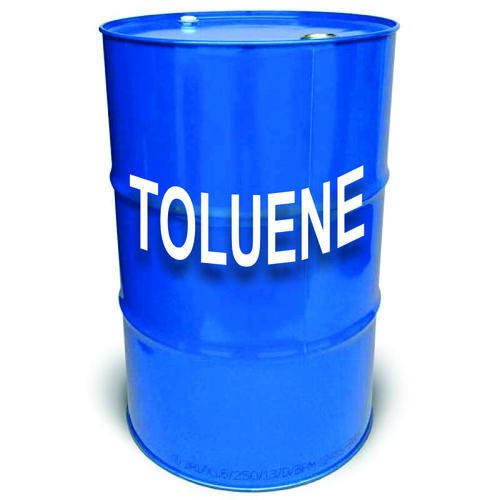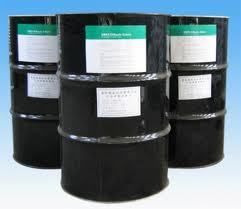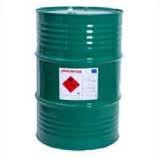Solvent Chemical
Product Details:
- Grade Chemical Grade
- Poisonous YES
- Application Industrial
- Storage Dry Place
- Purity 99%
- HS Code 38140010
- Physical Form Liquid
- Click to View more
Solvent Chemical Price And Quantity
- 120 INR/Kilograms
- 120 Kilograms
Solvent Chemical Product Specifications
- Chemical Grade
- YES
- Industrial
- 38140010
- Dry Place
- 99%
- Liquid
Solvent Chemical Trade Information
- Cash Advance (CA), Cheque
- 1000 Kilograms Per Day
- 1 Days
- Yes
- Contact us for information regarding our sample policy
- Asia, Australia, Central America, North America, South America, Eastern Europe, Western Europe, Middle East, Africa
- All India
Product Description
A solvent is a substance that dissolves other materials (called solutes) to form a solution. In the context of industrial use, solvents are often liquids, but can also be gases or supercritical fluids.
There are many different solvents with a wide range of properties, including:
Polarity: Polar solvents like water dissolve ionic compounds and other polar solutes. Non-polar solvents like acetone dissolve non-polar solutes like oils and greases.
Volatility: Highly volatile solvents evaporate quickly. This can be a desirable quality for some applications, but it can also be a safety hazard.
Toxicity: Some solvents are toxic and can cause health problems if inhaled, ingested, or absorbed through the skin.
Here are some descriptions you can use for your industrial-grade solvent, depending on its specific properties:
High-performance solvent for industrial applications: This is a general description that can be used for any solvent.
Powerful solvent for tough cleaning jobs: This description emphasizes the effectiveness of the solvent.
Versatile solvent for a variety of materials: This description highlights the wide range of applications for the solvent.
Fast-drying solvent for efficient use: This description focuses on the volatility of the solvent.
Remember to always consult the Safety Data Sheet (SDS) for any solvent before using it. The SDS will provide information on the specific properties of the solvent, as well as safety precautions that should be taken

Price:
- 50
- 100
- 200
- 250
- 500
- 1000+








